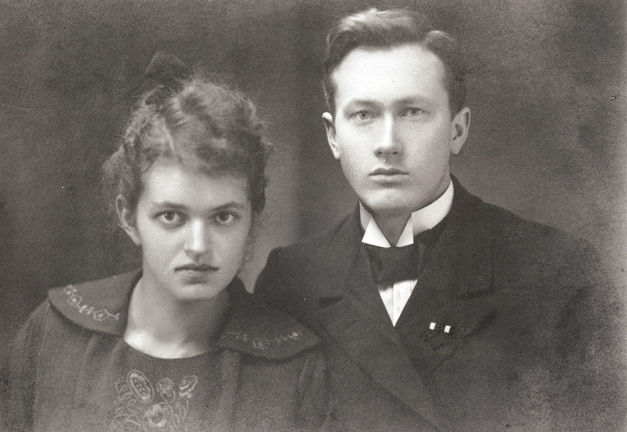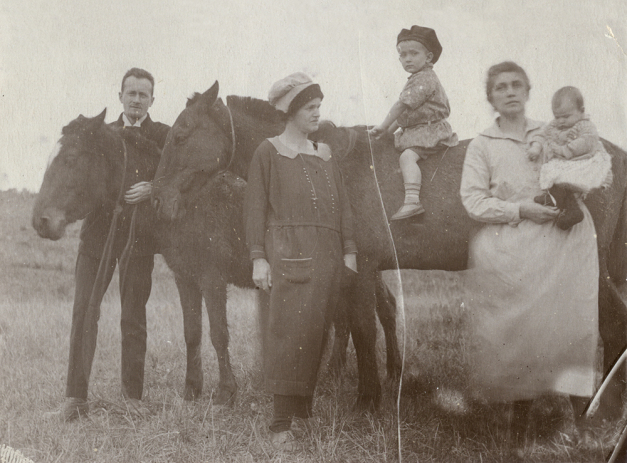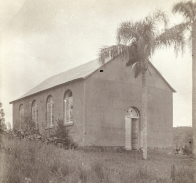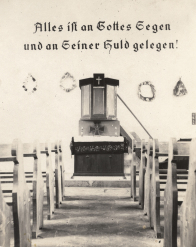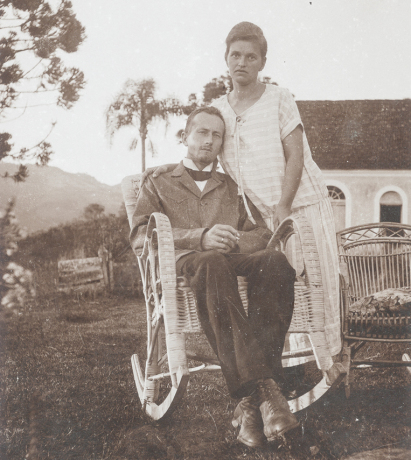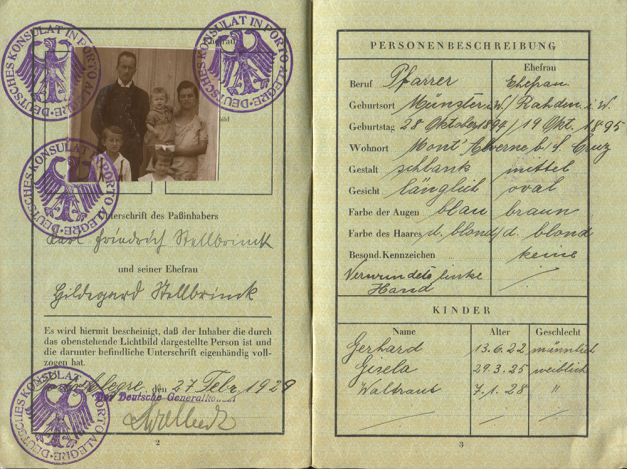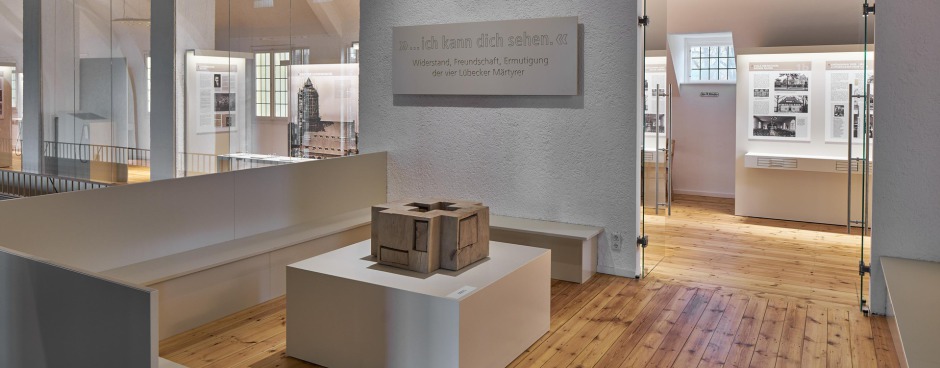
Departure into the unknown
Karl Friedrich Stellbrink completes his practical training as a pastor in 1920 in East Westphalia. Patriotism, nationalistic-ethnic thinking and the rejection of the young Weimar Republic determine his political attitude. At that time this was widespread. Theologically, this is reflected in his rejection of Roman Catholicism and Judaism. By joining the newly founded German Church Federation, he finds like-minded people.
In 1921 the young pastor marries the teacher Hildegard Dieckmeyer, a long-time friend of his sister. Soon afterwards Karl Friedrich Stellbrink is sent to his first assignment as an overseas pastor.
Together the couple travels by steamer to Rio Grande do Sul, Brazil.
The living conditions in Brazil are harsh: The parsonage is rotten and must be made habitable first. Animal husbandry and horticulture provide for self-sufficiency. Besides pastoral care and church
services, teaching in the village school is one of the tasks of the pastor and his wife. The couple has four children, one of whom dies in infancy.
